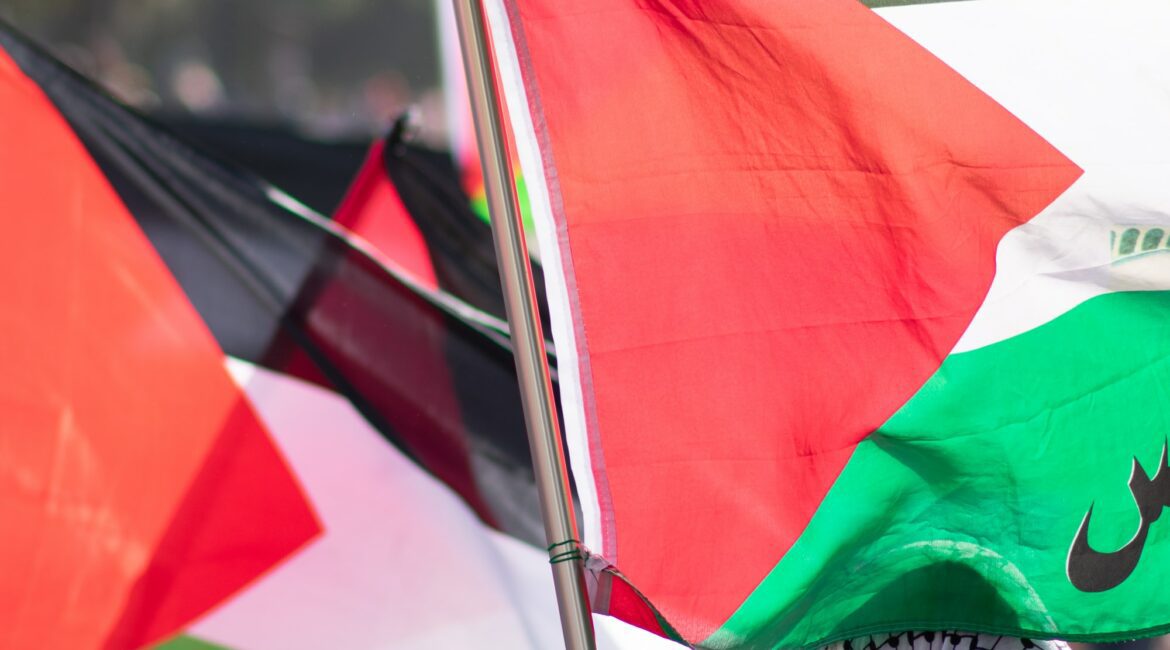After 11 days of bombardment by Israel in May this year, Palestinian residents in the besieged enclave of Gaza face massive rebuilding challenges amid a ceasefire and an uncertain future. Israel destroyed more than 2,000 residential units and damaged an additional 15,000, leaving around 120,000 people homeless. The bombing killed 256 Palestinians, including 66 children.
Despite the ceasefire, Palestinian families face enormous challenges working to recover and rebuild in the wake of Israel’s recent bombing of Gaza. In East Jerusalem and the West Bank, Palestinians are facing an accelerated confiscation of their land and resources — making life even more difficult under already harsh economic and living conditions.
In response to these 11-day escalation in violence a lot of non-guvernamental organizations lanunched some initiatives for funds raising, to respond to the immediate food, non-food, health, psychosocial, sanitation and emergency response needs of Palestine refugees. Because of all conflicts over years in Gaza, the Palestinian National Authority (PA), within the West Bank and Gaza Strip, receives one of the highest levels of aid in the world. Aid has been provided to the Palestinian Authority, Palestinian non-governmental organizations (PNGOs) as well as Palestinian political factions by various foreign governments, international organisations, international non-governmental organizations (INGOs), and charities, besides other sources.
The West Bank, the EU and several Member States continue supporting a consortium of humanitarian partners protecting communities threatened by demolitions, evictions and settler violence, through legal and material assistance. To alleviate the suffering of the most vulnerable Palestinians, EU humanitarian aid supports numerous implementing partners in the occupied Palestinian territories , both United Nations agencies and non-governmental organisations.
Several countries have pledged aid to Gaza in the wake of the latest wave of Israeli airstrikes. Both Egypt and Qatar pledged $500 million each for reconstruction, while the United States ($5m), the EU (approx. $10m), Germany (approx. $49m), and China ($1m) pledged a total of $65 million in humanitarian aid. The United States ($32m), the UK ($4.5m), and China ($1m) also pledged a total of $37.5 million to UNRWA. In addition, Beijing agreed to send 200,000 COVID-19 vaccine doses.
Lately, UNICEF have supported local authorities and humanitarian actors in the Gaza Strip to undertake immediate repair and re-establishment of water and sanitation services. Some of the essential services have been restored, including the urgent repair of water and wastewater pipes, re-supply of essential items and provision of fuel, benefiting some 800,000 people.
On the other hand, Israel accuses Hamas of using aid to fund their military capabilities; the latter denies such accusations. “We are in the process of forming a national team made up of independent figures to supervise the delivery of aid to refute the occupation’s accusations about the money not reaching those it’s intended for” said the head of the Gaza government media office, Salama Marouf.
In recent weeks, EU diplomacy has urged both sides to de-escalate tensions and to resume negotiations directed towards a two-state solution.The West Bank, including East Jerusalem, is seen as occupied territory under international law, thus making all Jewish settlements there illegal.
Humanitarian aid for Palestine

